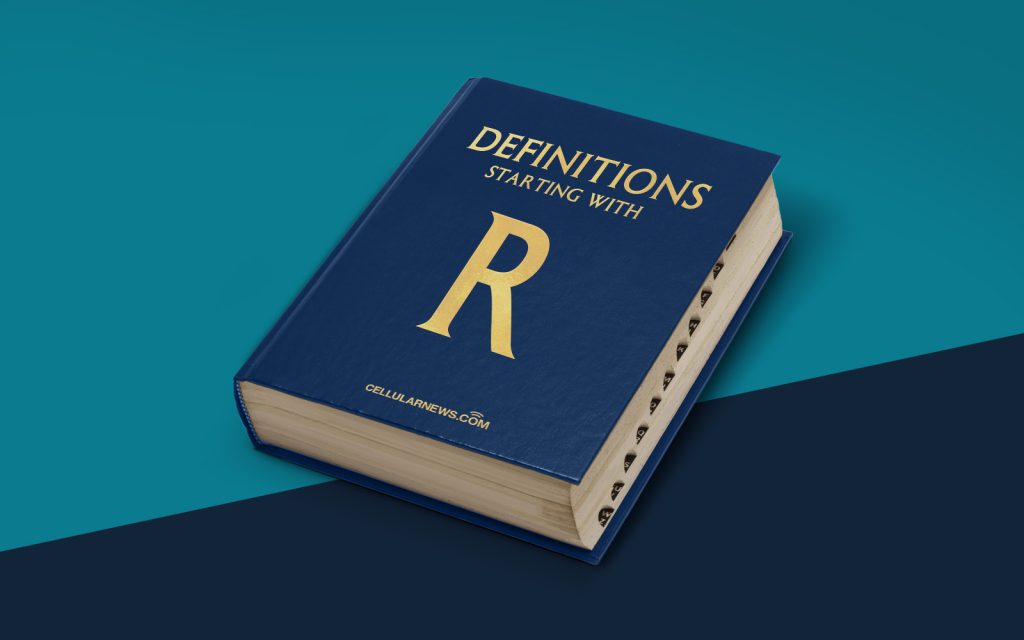
Understanding RSA Identification Verification for Health Care
When it comes to ensuring the privacy and security of sensitive medical information, health care organizations need robust methods of identification verification. One technology that has gained prominence in this domain is RSA identification verification. But what exactly is RSA identification verification, and how does it contribute to the security of health care data? Let’s delve deeper and find out.
Key Takeaways
- RSA identification verification is a security technology used in health care to authenticate and verify the identity of individuals accessing sensitive medical data.
- The technology relies on public-key cryptography and digital certificates to provide a secure and reliable method of identification verification.
What is RSA Identification Verification?
RSA Identification Verification is named after its inventors, Ron Rivest, Adi Shamir, and Leonard Adleman. It is an encryption algorithm widely used in the realm of information security. In the health care industry, RSA identification verification plays a crucial role in ensuring that only authorized individuals have access to sensitive medical records and data.
RSA identification verification relies on the concept of public-key cryptography. In this system, each individual is assigned a pair of cryptographic keys – a public key and a private key. The public key, as the name suggests, is available to the public and can be used by anyone. On the other hand, the private key is kept securely by the individual and is used for decryption purposes.
When a user wants to access health care data, their identity is verified using RSA identification verification. The user presents their public key, and the system uses this information to encrypt a challenge message. The user then decrypts the message using their private key and sends the decrypted challenge back to the system.
If the decrypted challenge matches the original challenge, the user’s identity is verified, and they are granted access to the requested medical information. This process ensures that only the authorized user with the correct private key can decrypt the challenge message and gain access to the data.
How Does RSA Identification Verification Enhance Health Care Security?
RSA identification verification provides several benefits to the health care industry in terms of security and privacy. Here’s how it accomplishes this:
- Authentication: RSA identification verification establishes a strong method of authenticating the identity of individuals accessing health care data. By using the private key for decryption, only the authorized user can gain access, minimizing the risk of unauthorized access and data breaches.
- Data Encryption: The use of encryption ensures that sensitive medical records and information remain confidential during transmission. Data is encrypted using the public key and can only be decrypted using the corresponding private key. This prevents unauthorized parties from intercepting and accessing the data.
With the increasing threat of cyber attacks and data breaches in the health care sector, RSA identification verification plays a vital role in safeguarding patient information. By implementing this technology, health care organizations can ensure secure access to medical data, maintain patient privacy, and comply with relevant data protection regulations.
So, the next time you hear about RSA identification verification in health care, you’ll know that it’s a robust security measure that ensures only authorized individuals can access sensitive medical information. With its authentication and data encryption capabilities, RSA identification verification plays a significant role in protecting patient privacy and enhancing the security of health care data.
